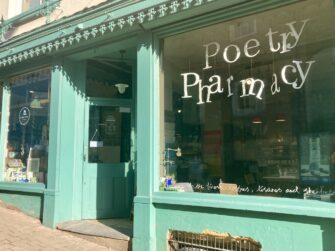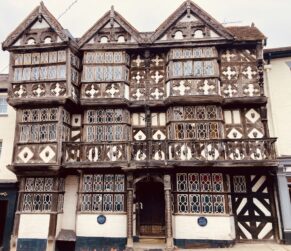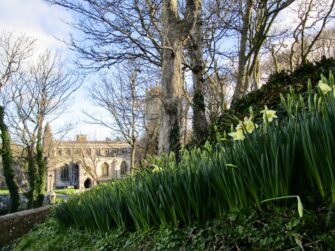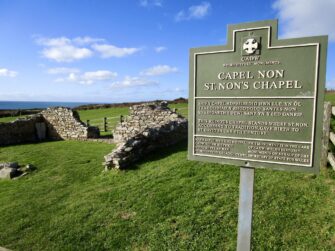

A recent trip to Shropshire for Telegraph Travel reminded me how this lesser-visited region is a little gem for country walks and fine food.
Read my guide to the region taking in Ludlow [pictured above, right] for its slow-food producers and Bishop Castle for a consultation at the Poetry Pharmacy [pictured above, left].
Here’s a taster of my feature:
Pub snacks are not the typical culinary delight in Ludlow.
This is, after all, the Michelin-starred Mecca that once boasted the most stars per capita, including one for Shaun Hill, now of Abergavenny’s Walnut Tree.
But while the Shropshire market town remains known for its food and drink, it’s the artisan independents who now grab the spotlight at the annual autumn food festival and a new spring festival from May 12-14 this year.
Tish Dockerty, co-chair of the Ludlow Marches Slow Food group, says:
“Ludlow was the original food festival — even before Abergavenny. The Michelin chefs have gone but the new focus has shifted towards local provenance and slow-food events.”
Read the feature via Telegraph Travel Is Shropshire the proudest county in England?



